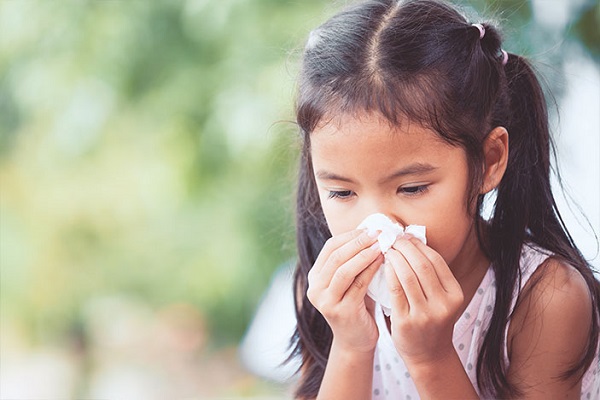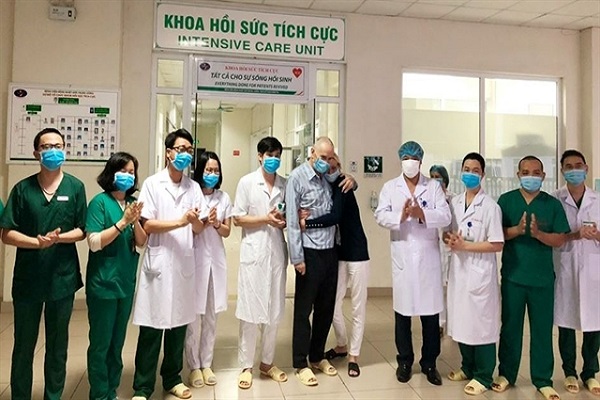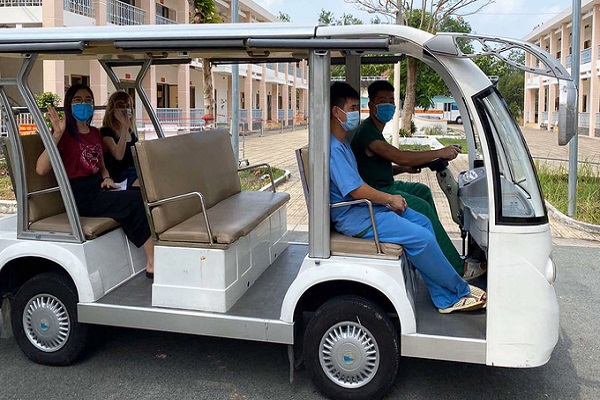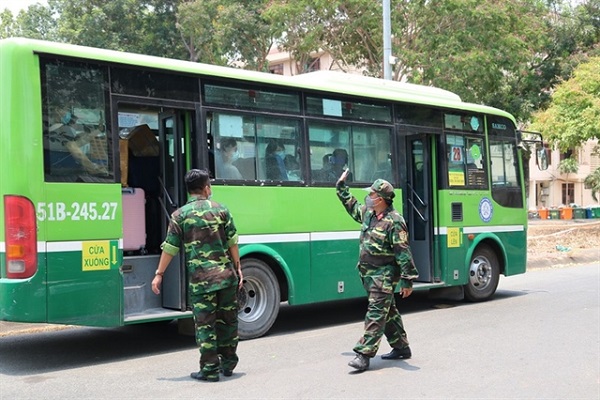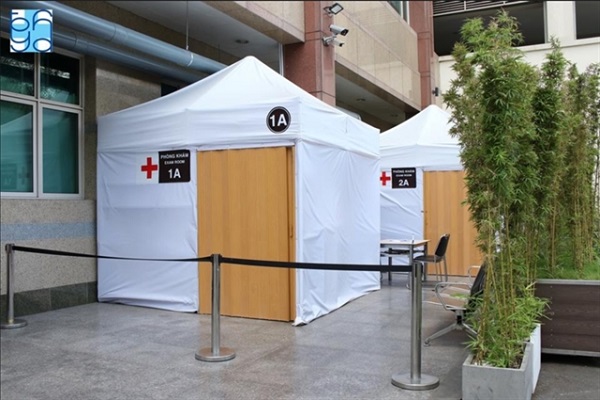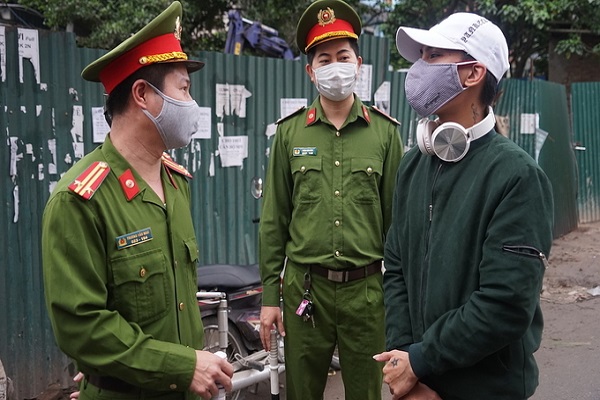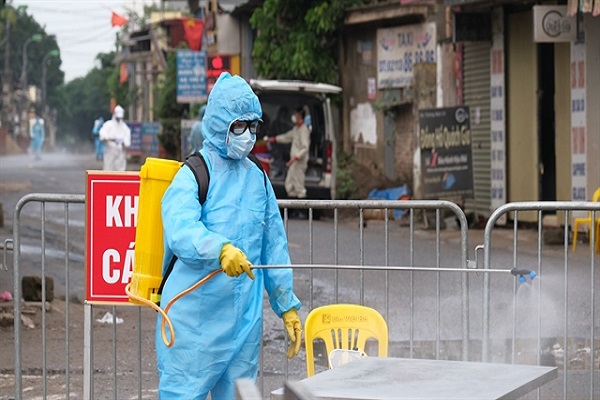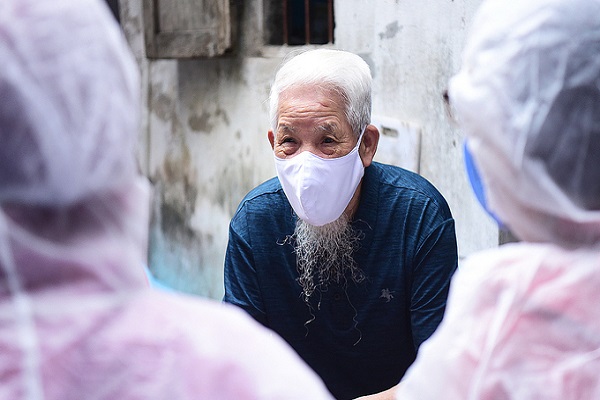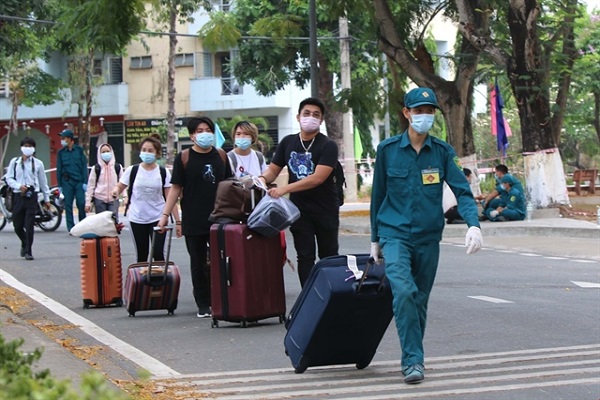2020-02-04 01:35:55
High temperatures, feeling tired and flu-like symptoms are all the telltale signs that you have coronavirus.
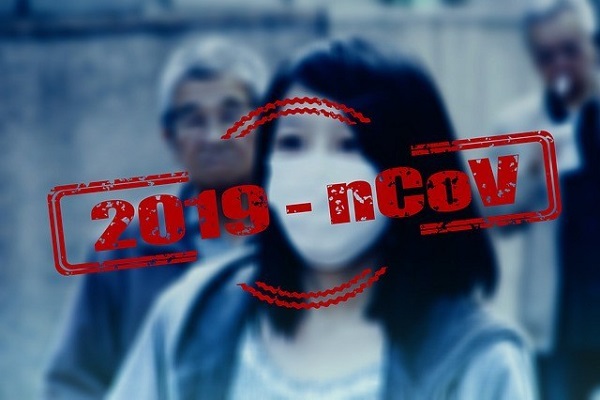
The disease, which is a family of deadly viruses that can cause disease in animals before making its way into humans, can also lay dormant in the human body for two weeks prior to symptoms being shown. Two coronaviruses - Middle East respiratory syndrome (Mers) and severe acute respiratory syndrome (Sars) have killed more than 1,500 between them since outbreaks in 2002. However, Wuhan coronavirus is more dangerous with around 20 per cent of hospital cases have been classed as 'severe'.
What is a coronavirus?
Coronaviruses (CoV) are a group of viruses that cause illnesses ranging from the common cold to more severe diseases such as the Middle East Respiratory Syndrome (MERS-CoV) and Severe Acute Respiratory Syndrome (SARS CoV). Coronaviruses are zoonotic, meaning they are transmitted between animals and people. In rare circumstances, as with the MERS and SARS, animal coronaviruses can evolve and infect people and then spread between people.
What are its symptoms?
Common signs of the infection are fever, cough, shortness of breath, and difficulty in breathing. More severe cases can cause pneumonia, severe acute respiratory syndrome, kidney failure, and even death.
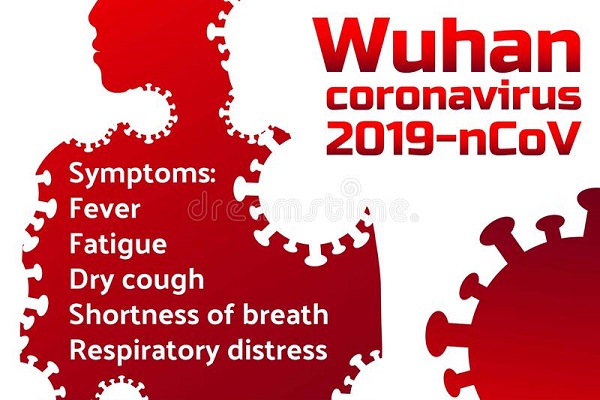
What to do to prevent transmission
While it is still unclear how the new virus is spread and how severe the symptoms may be, the following standard precautions are recommended:
- Perform hand washing regularly and thoroughly. It is advised to wash with soap and water for at least 40 to 60 seconds. Use hand sanitizer or 70% alcohol if soap and water are not available.
- Practice cough etiquette. Cover your mouth and nose with tissue paper when coughing and sneezing.
- Boost immunity. Take multivitamins and drink lots of water.
- Thoroughly cook meat and eggs. Practice safe food preparation to minimize bacterial growth.
- Avoid crowded places. Do not come into close contact with anyone showing symptoms of respiratory illness.
- Get a flu shot. The influenza vaccine should be done yearly.
- Consult your doctor. Seek advice and get proper assessment if you have fever, cough, and possible exposure to a patient who traveled from China.
Although there are currently no travel restrictions to China as of January 17, 2020, the World Health Organization (WHO) and Centers for Disease Control (CDC) advise international travelers to practice these usual health precautions:
- Avoid close contact with people suffering from acute respiratory infections
- Avoid visiting healthcare facilities in a country with cases of nCoV
- Practice frequent hand washing especially after direct contact with ill people or their environment
- Avoid close contact with live or dead farm or wild animals. Touching poultry/birds or their droppings should be avoided, as well as visiting live poultry markets or farms
Travelers with symptoms of acute respiratory infection should practice cough etiquette (maintain distance, cover your mouth when you cough and sneeze with disposable tissue or clothing. Wear surgical masks to minimize airborne transmission of infection)
Immediately seek medical attention in case of symptoms suggestive of respiratory illness during or within 14 days after travel.
City International Hospital (CIH)
Should you have any questions, please do not hesitate to contact us:
City International Hospital
- Phone: (8428) 6280 3333, ext. 0
- Address: No. 3, 17A Street, Binh Tri Dong B Ward, Binh Tan Dist. (Next to AEON Mall Binh Tan). Ho Chi Minh City.
- Website: https://cih.com.vn/en/
- Email: This email address is being protected from spambots. You need JavaScript enabled to view it.
Pharmacity Clinic (Managed by City International Hospital)
- Clinic location: 44 Quoc Huong, Thao Dien, District 2, Ho Chi Minh City.
- Helpline: (028) 700 3350 - 093 357 6086
- Clinic hours: 7:30 a.m. - 8:30 p.m.
- Consultation fee: 70,000 dong per visit.
General disclaimer
Always consult your doctor regarding any concern about your health. Your doctor will be in the best position to give the appropriate medical advice. For suspected undesirable drug reaction and seek medical attention immediately.











